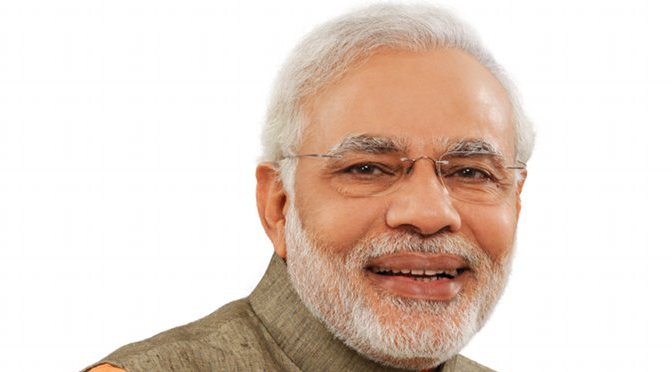Modi’s Germany visit: An opportunity to transform India’s skilling sector

By Amit Dasgupta and Britta Petersen*
Ever since he took over ten months ago, PM Modi has rejuvenated Indian business and international interlocutors with his personal interest in projecting India as a credible global player. But, more importantly, it is his innate ability to establish personal equations with his counterparts that has surprised everyone. This has come as a welcome change from the near standstill performance of UPA2 when India slipped in the international pecking order. Today, once again, there is genuine enthusiasm on the opportunities thatIndia, under an assertive Prime Minister, can offer.
Later next week, PM Modi will be in Germany, where India is the Guest Country at the Hannover Trade Fair. He would receive a genuinely warm welcome. Chancellor Merkel has made it apparent that she looks forward to the visit and in further intensifying cooperation with India. This is good news because there is much to learn from the Germans and furthermore, Germany has proved itself, over the years, to be a reliable partner.
The personal rapport that PM Modiis able to establish with Chancellor Merkel and especially with German business and industry may well provide the much-needed support for his flagship Make in India project. When German Minister Wolfgang Schaeuble was in India earlier this year, he was fully supportive of the project and saw win-win opportunities, especially, in the manufacturing and automotive sector for German and Indian industry. The automotive components manufacturers could, indeed, receive a huge fillip in addition to software companies, particularly dealing with GPS. There are many other areas of common interest such as green technologies, renewable energies and the rapidly growing demand for skill development in India.
It bears recalling that, following independence, India’s fledgling vocational training sector was, in fact, built through the significant support it received from the German company Siemens. Siemens had entered the Indian market in 1867 and continues to grow. In the early years, German engineers would man even the floor shops. Following the introduction of the Marshall Plan, Germany required its own engineers to rebuild its war-ravaged cities and economy. Consequently, it could no longer afford to send its engineers to India and needed to rely on Indian engineers to service its factories here. This led to a massive training programme that also saw lathe machines and other equipment being shipped to India. The objective was to enable German-trained engineers and operators to start imparting training in India to build a cadre of qualified operators and supervisors thereby ensuring continuity in technical personnel for Siemens factories in India. This was the real birth of India’s vocational training programme.
Read More: Modi’s Germany visit: An opportunity to transform India’s skilling sector
*Amit Dasgupta was Deputy Ambassador of India in Berlin from September 2002 – January 2007. He currently heads the Mumbai campus of the S P Jain School of Global Management;Britta Petersen is the former South Asia correspondent of the German Financial Times and a Senior Fellow at the Observer Research Foundation (ORF) in New Delhi




